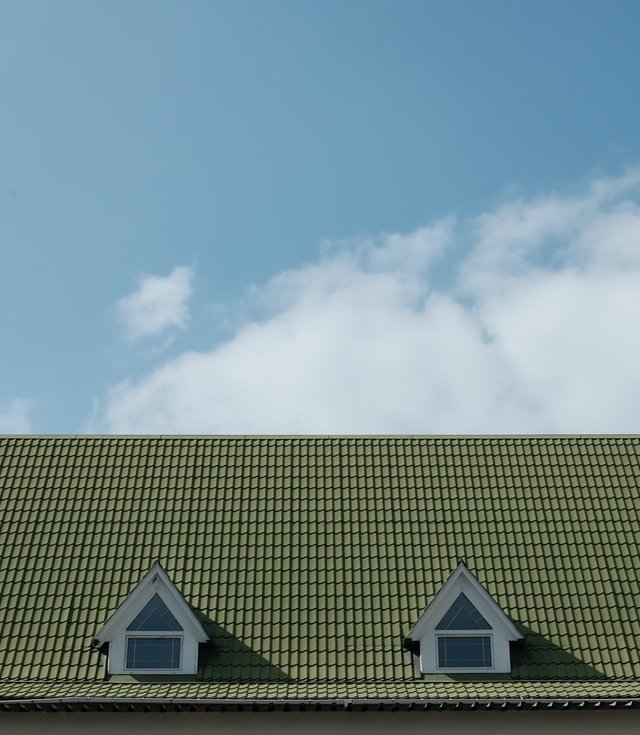Last updated on January 7th, 2025 at 10:21 pm
For one reason or the other, a majority of people don’t put much thought into roof insulation. But why do we even need it? Roof insulation is guaranteed to reduce the amount of heat lost, which in turn reduces heating costs. Because about a quarter of heat is lost through an uninsulated roof, choosing the best type of insulation would be a good strategic decision to make.
If you are building a new house or considering giving your home an insulation upgrade, there are multiple roof insulation types you can choose from. Depending on your specific needs, choosing the right type of roof insulation might seem dreary and nerve-racking.
In most commercial buildings, roof insulation plays three very specific and important roles in providing you with the perfect living conditions. Roof insulation’s primary and most obvious role is to act as a thermal barrier. Apart from that, insulation has to have proper drainage and provide a safe and proper working platform.
Role of roof insulation as a thermal barrier
Since the primary function of roof insulation is to act as a thermal barrier, we must understand how heat moves through a roof, and how this affects performance. Any space through which air can pass will be a point of escape from the heat. With proper insulation, this factor is minimized as much as possible.
Since most layers of insulation are combustible, substrates of roof insulation act as a thermal barrier to protect the roof from fires both outside the house and inside. Another, more obvious role of the thermal barrier is to regulate the temperature inside the house.
A house with good roof insulation will be cool in the summer and warm in the winter because the conditioned temperature inside will remain constant thanks to the barrier. Air movement will be controlled to your preferences.
Depending on your location, air condensation can be another factor to consider. Since hot air moves up and becomes condensed as it hits cold air, having good insulation will lower the chance of moisture creating mold.

Providing good drainage for the roof
Hit two birds with one stone by considering creating a good drainage system for your roof. If water stays on the roof long enough to pool, this might become a problem. To avoid any breakage or leaks, consider insulation that will also act as drainage. Using tapered insulation boards is a good way to direct water flow away from walls and curbs; and into gutters, drains, and other roof outlets.
It is very important to direct and drain roof water adequately. Roofs need a minimum ¼-inch drop over 12 inches. Since roofs vary in size and complexity, higher slopes may be necessary to ensure that all areas have a proper slope.
Calculating the right slope degree is best done using computer tools and programs, most of which can be easily found online. Tapered insulation has become a widespread practice because of its efficiency in drainage and keeping the roof healthy and dry.
Ensure a good working platform

The last factor to consider when insulating a roof is to provide a safe and proper working platform. Since the roof will serve as a working platform for multiple occasions in a lifetime of a house, from construction work to maintenance, it has to be safe to tread on.
Because of this, the roof insulation may need to be protected before the roof system is completed. After completion, it is also necessary to provide permanent protection. An excellent way to do this is to use cover boards over the roof insulation. This way you will create a safe surface for workers to walk on.
Another way to provide a safe working platform is to use insulation with adequate compressive strength and then install walkways as a footpath. Above all else, you must monitor roof access and pay close attention to the amount of traffic on the roof while workers are doing construction. Set schedules to make sure there isn’t too much going on the roof at a time.
To sum up
No one wants the roof over their head to leak, collapse, or take heat away. Choosing the right type of roof insulation is the most important step in upgrading your home. Good roof insulation helps reduce heat loss, which will in turn significantly reduce your utility bills aside from all the other perks it provides.




